Taxes
Latest

Apple plans to add 20,000 jobs, new campus in the US
Apple is determined to show that it's investing in the US economy despite its tax moves and foreign manufacturing. The company has announced a slew of investments it claims will pump a total of $350 billion into the US economy, highlighted by its focus on (what else) jobs. It expects to spend $30 billion in capital expenses that will create more than 20,000 new positions over the next 5 years, both at its existing buildings and a new location (to be unveiled later in 2018) that will initially focus on tech support.

HMRC stings Apple with £136 million bill for back taxes
Tech giants are often criticised for using complex tax loopholes to bank more of their profits than arguably they should, but occasionally the authorities do manage to find fault in their accounts. Following "an extensive audit" of Apple's books, HM Revenue & Customs scored itself an additional £136 million in back taxes, plus interest, from the company. The Financial Times spotted the payment in the financials of Apple Europe, a UK subsidiary that performs sales support, marketing and other duties for other Apple subsidiaries. According to the FT, HMRC reasoned that Apple Europe did not receive appropriate commission for sales leads from an Ireland-based subsidiary over a number of years up to 2015. Less commission, less taxable income... you get the idea.

Google used a popular tax trick to shelter $19.2 billion
Just how much money do tech companies shelter from taxes? Quite a lot, according to the Dutch. Newly published Netherlands regulatory filings show that Google shielded €15.9 billion (about $19.2 billion) in 2016 using the popular "Dutch Sandwich" tax trick, saving it about $3.7 billion in taxes. The maneuver involves shifting revenue from an Irish subsidiary to a Dutch firm with no staff, and promptly moving the funds to a Bermuda mailbox owned by another Ireland-listed company. And this practice isn't slowing down -- Google moved 7 percent more cash through this approach in 2016 than it did a year earlier.

UK may tax internet giants to get more help fighting online extremism
The UK still isn't convinced that internet giants are doing enough to curb online extremism, and it's now considering hitting those companies where it really hurts: their bank accounts. In an interview with the Sunday Times, security minister Ben Wallace said the country should use taxes to either incentivize stronger anti-extremist efforts or compensate for "inaction." While Wallace didn't go into detail as to what he'd like, the Times suggested it would be a windfall-based tax that targeted companies' large profits.
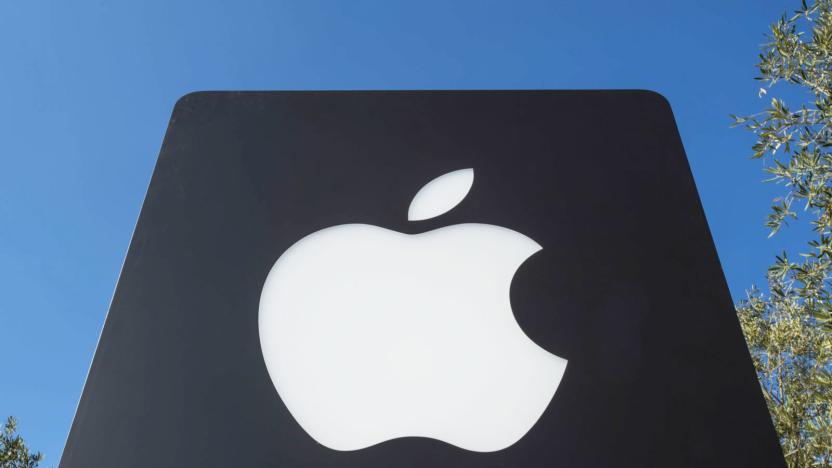
Apple to start paying Ireland the billions it owes in back taxes
Last year, the European Commission ruled that Apple's sweetheart tax deal with Ireland was illegal and that the company owed around $14.5 billion in back taxes. But Ireland was rather slow to start collecting that cash, which led the Commission to refer the Irish government to the European Court of Justice in October due to Ireland's non-compliance with the 2016 ruling. However, the Wall Street Journal reports today that the country will finally start collecting those billions of dollars owed by Apple and it may start doing so early next year.

Apple defends moving offshore profits to the tax haven of Jersey
A set of leaked documents from offshore law firm Appleby has revealed that Apple stashed $250 billion in Jersey, a tiny island off the coast of France known for being a tax haven. The tech titan apparently secretly moved its pile of overseas profits to the island after the US and various European governments cracked down on the tax strategy it's been employing since the 1980's. Apple used to rely on an arrangement called the "double Irish," which took advantage of Ireland's business-friendly tax policies.
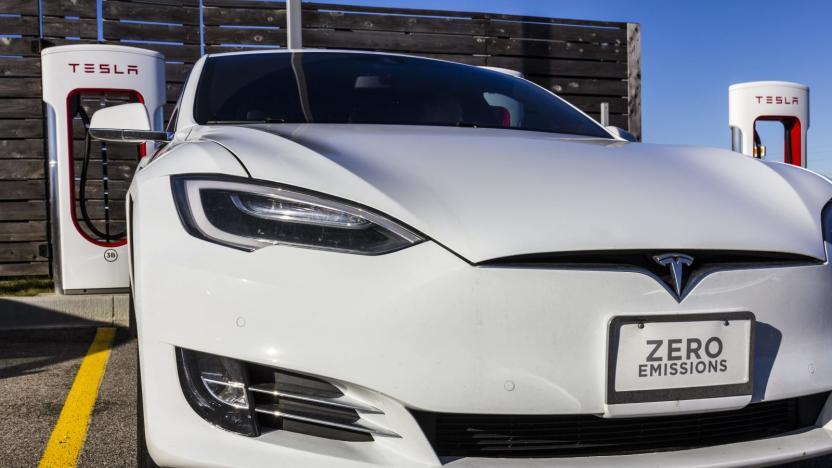
The US government may take away the $7,500 tax credit for EVs
If you were hoping to take advantage of the federal government's $7,500 tax credit for buying an electric vehicle, you may soon be out of luck. According to a report at Bloomberg, the provisions in the US tax code may be eliminated in the current round of tax cut efforts. If so, it could affect the entire nascent industry by not supporting EV sales at a federal level.

Europe takes Ireland to court over Apple's $14.5 billion tax bill
The European Commission has announced that it will refer Ireland to the European Court of Justice for not collecting back taxes that it is owed by Apple. More than a year after a sweetheart deal between Ireland and the iPhone maker was ruled illegal, the country has dragged its feet in asking Tim Cook for the cash. Tired of waiting around, Commissioner Margrethe Vestager (pictured) has referred the nation to the continent's highest court, which can then impose fines for non-compliance.

Greece wants to force Uber into hiring full-time taxi drivers
Greece, a country with a lot of debt and an angry taxi lobby, is the latest to ponder anti-ride-sharing legislation. The country reportedly plans to force ride-sharing firms like Uber and Taxibeat to ink three-year contracts with licensed drivers, effectively turning them into full-time employees. Operators would need to buy taxi licenses be subject to stricter rules than currently allowed, according to Reuters.

EU countries aim to raise tech firms' taxes by targeting revenue
It's no secret that European countries want major tech firms to pay more taxes, but how will they go about that beyond collecting back taxes? By taxing the companies where they'll feel it the most, that's how. The finance ministers of France, Germany, Italy and Spain have written a joint letter to the European Union's presidency and Commission calling for taxes on tech giants' revenues, not just their profits. The four nations want the Commission to produce an "equalization tax" that would make companies pay the equivalent of the corporate tax in the countries where they earn revenue.
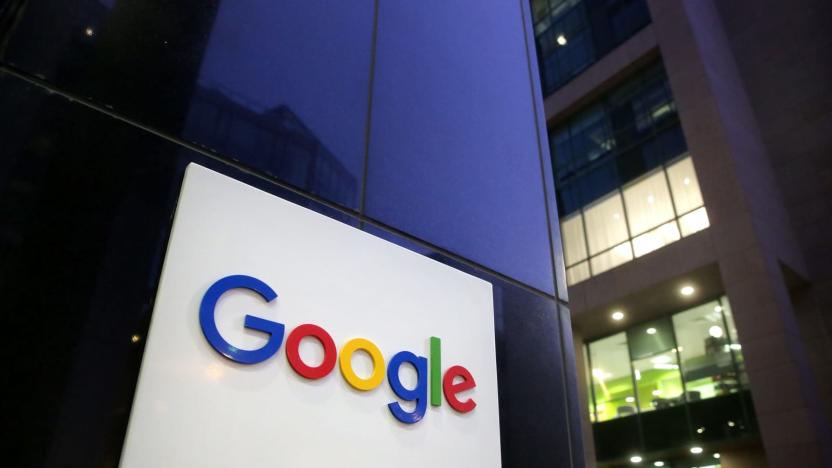
France and Germany want Apple and Google to pay their taxes
France and Germany are looking to make major tech companies like Google, Apple, Facebook and Amazon begin paying their fair share of taxes. The move comes as many European leaders have expressed frustration at how these companies focus their profits and costs in countries that tax them at the lowest rates. "Europe must learn to defend its economic interest much more firmly -- China does it, the U.S. does it," French Finance Minister Bruno Le Maire told Bloomberg. "You cannot take the benefit of doing business in France or in Europe without paying the taxes that other companies -- French or European companies -- are paying."

Alabama tests filing taxes via selfie
As tax day looms, Alabama citizens will get to live the dream and file using an app on their mobile device. The state's department of revenue is partnering with MorphoTrust to let taxpayers use the company's electronic ID (eID) system to digitally send in their taxes. In return for using the face-scanning app to prove their identity online, folks willing to to test the new setup will get priority processing and an expedited return.
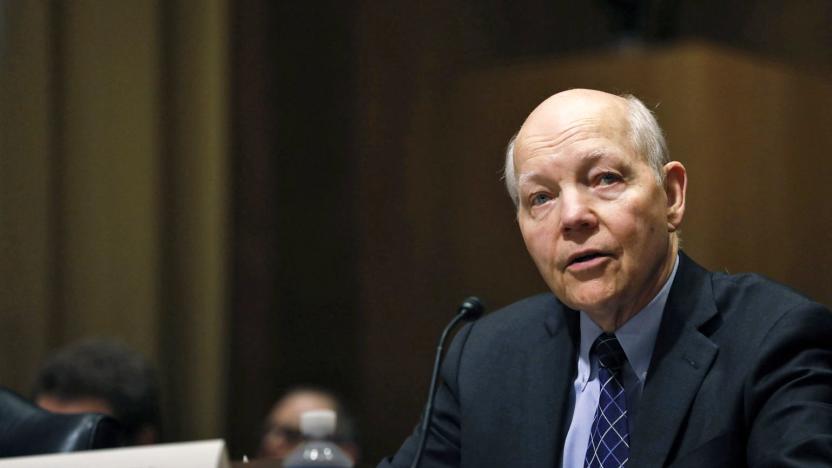
IRS says thousands of taxpayers affected by financial aid breach
Tax day is rapidly approaching in the US, but according to the IRS, there could be additional headaches for up to 100,000 people this year. Hackers posing as students applying for financial aid possibly swiped taxpayer details through the FAFSA (Free Application for Federal Student Aid) online tool. According to The New York Times, the breach has the potential of being the most extensive since the 2015 tax return incident when info on over 300,000 taxpayers was used to file false claims. The IRS later increased that estimate to potentially affect 700,000 people.

California bill doesn't want Netflix to be taxed like a utility
Proposed legislation in California aims to prohibit video-streaming services, such as Netflix, Hulu and YouTube, from being taxed as utilities by local municipalities. The AB 252 bill, called the Streaming Tax Relief of Entertainment And Movies (STREAM) Act of 2017, was introduced by assembly member Sebastian Ridley-Thomas to "safeguard high tech innovation" in his state. This comes after the city of Pasadena had previously worked to introduce a nine percent Utility User Tax for streaming services, although those plans from 2008 didn't pan out.

Engadget giveaway: Win a Pixel smartphone courtesy of TurboTax!
It's tax time again, where many fight sloth and memory lapses until mid-April, when procrastinating is no longer an option. Whether you get them sorted early or wait until the last minute, Intuit's TurboTax is always there to make the process fast, easy and convenient. Using the mobile app, you can take a photo of your W-2 and it will automatically fill in your info. Since the web and mobile experiences are synced, you can even start the process on your phone and finish on your laptop, right where you left off. TurboTax also offers its service for free if you're doing a basic return and its SmartLook feature offers one-way video assistance if you get stuck. To help brighten up this financially burdensome time of year, TurboTax has provided a Google Pixel smartphone for one lucky reader this week! All you need to do is head to the Rafflecopter widget for up to three chances at winning. So, good luck and get to those taxes, the process could be a lot easier than you think. Winner: Congratulations to Rob S. of Boston, MA!
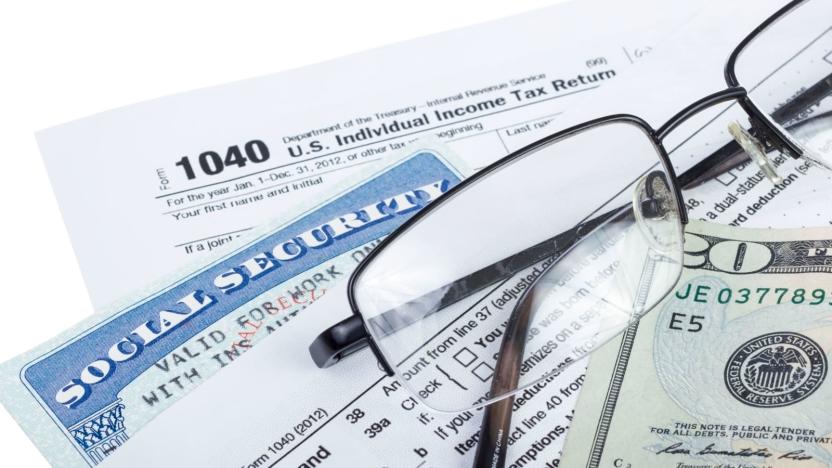
IBM's Watson will help you file your taxes
Tax experts can find deductions that you might otherwise miss, but they're only human -- they can only find so many potential savings, let alone paint a larger picture of your finances. They're about to get a helping hand, though. IBM is partnering with H&R Block to make Watson a part of the tax filing process at locations across the US starting on February 6th. After you participate in an initial interview, the artificial intelligence will offer suggestions to Tax Pros (read: experts) looking for deductions, and illustrate the bigger picture for you on a dedicated client screen. Ideally, Watson's ability to understand context and intent will turn your statements into tangible data that leads to bigger tax breaks.

Facebook says it shouldn't pay back taxes from Irish loophole
Apple and Google aren't the only big tech companies fighting against requests to pay back taxes they allegedly racked up through loopholes. Filings obtained by Ars Technica show that Facebook is resisting the IRS' request for taxes owed after the social network reportedly undervalued property transferred to its Irish holding company. If you ask the US agency, Facebook owes $1.7 million plus interest for at least 2010. That doesn't sound like much for such a profitable company, but Facebook claims that it could wind up paying $3 billion to $5 billion (before interest and penalties) if the IRS really does want money from the past several years.

Japanese tax investigation ends with Apple paying $118 million
After an in-depth investigation, one of Apple's Japanese subsidiaries paid ¥12 billion ($118 million) in back taxes, according to a report from the Yomiuri Shimbun. Japanese tax authorities ordered the payment after determining the company hadn't correctly paid taxes on funds it had quietly funneled out of the country. This whole thing might sound a little dry, but hey -- what better way to spend a Friday than to dig into some corporate cloak-and-dagger dealings? Let's take a closer look.

Tim Cook says EU tax ruling is 'total political crap'
Apple and other giant tech companies have long stashed cash overseas where they've paid less taxes on it, but the days of that happening could be numbered. Earlier this week, the EU said that Apple must pay back a whopping $14.5 billion plus interest because of an illegal tax deal between the company and Ireland. Unsurprisingly, Apple is appealing the ruling, and CEO Tim Cook is angry at the way the company's actions have been characterized.

IRS kills e-filing PINs prematurely due to cyberattacks
The IRS was gearing up to kill e-file PINs later this year, but it has decided to speed up its plans after discovering suspicious activity. These electronic filing personal identification numbers, which people could use to authenticate tax returns filed online, are no longer available on IRS.gov or via the agency's toll-free phone number. If you'll recall, identity thieves used malware to steal taxpayers' info from other websites, which was then used to generate 100,000 PINs, back in February. The thieves were actually gunning for 464,000 PINs, but the agency was able to stop them before they got near that number.












